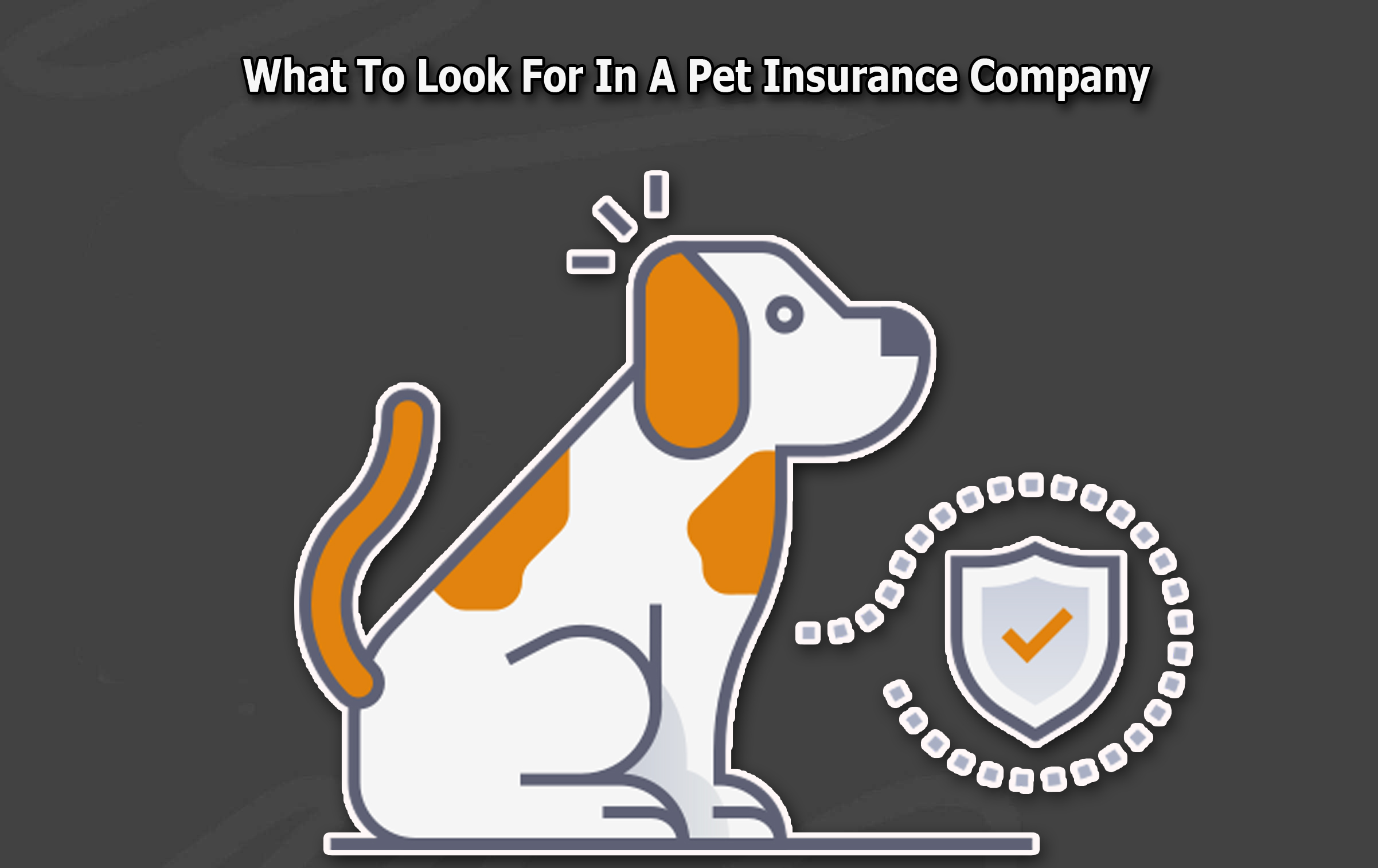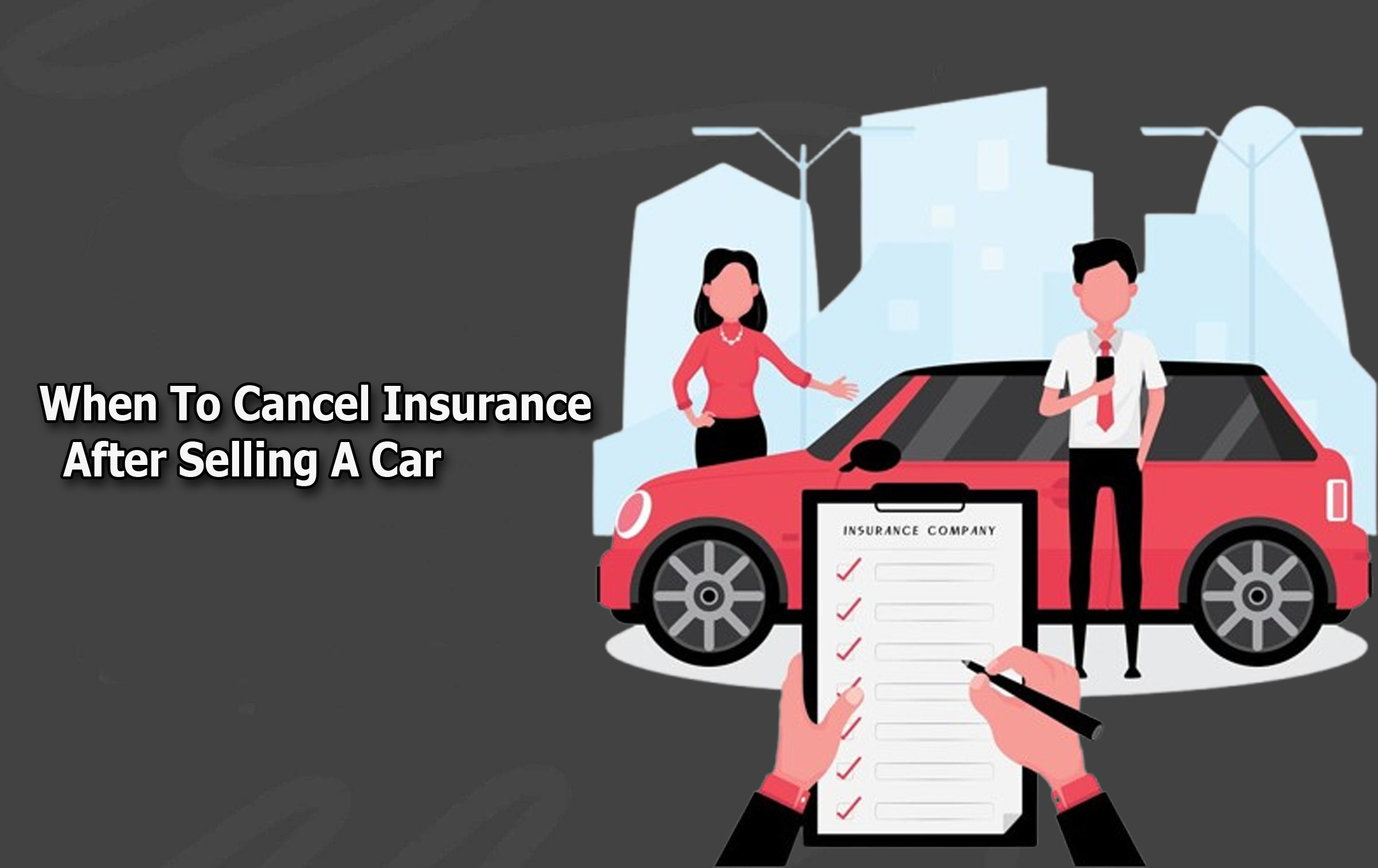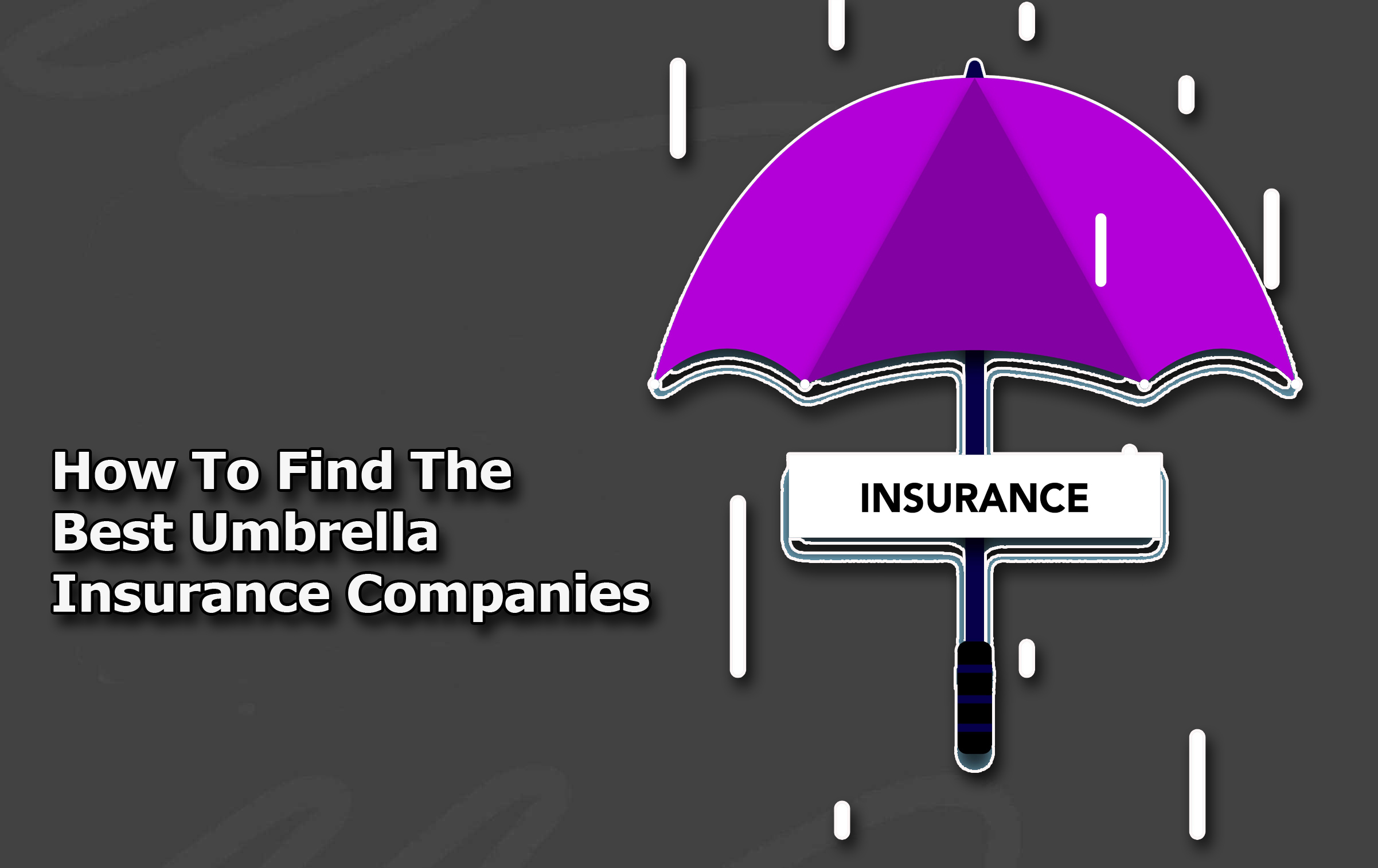What should you do if you’re denied a student loan? Getting denied a student loan can be a major setback, especially when you rely on financial aid to cover tuition, books, and living expenses.

Whether you were counting on federal or private student loans, a rejection doesn’t necessarily mean the end of your educational journey. There are several steps you can take to reassess your financial aid options and find alternative ways to fund your education.
Furthermore, understanding why your loan application was denied is the first step toward finding a solution. Lenders may reject applications for numerous reasons such as low credit scores, high debt-to-income ratios, or incomplete paperwork.
By identifying the specific reason for your denial, you can take the necessary steps to reapply successfully or explore alternative funding options.
Steps To Take After You’ve Been Denied A Student Loan
While it might seem discouraging after the rejection, there are some important steps you can take to increase your chances next time. Here are some useful steps to do if you are denied a student loan:
Understand The Reason For Denial
Before taking any action, it’s crucial to understand why your student loan application was rejected. Different lenders have different criteria, and knowing what led to the denial will help you address the issue effectively.
- Credit Score Issues: Private lenders often require a good credit score. If your score is too low, you may need a co-signer or take steps to improve your credit.
- High Debt-to-Income Ratio: If you already have significant debt, lenders may view you as a higher risk and deny your application.
- Incomplete or Incorrect Information: Errors on your application, missing documents, or mismatched details can result in rejection.
- Not Meeting Federal Aid Requirements: For federal student loans, you must meet eligibility requirements such as satisfactory academic progress, citizenship status, or selective service registration (for male applicants).
Consider Reapplying Or Appealing The Decision
Once you understand the reason for the denial, you may have the option to correct the issue and reapply or appeal the decision.
- Federal Student Loans: If denied due to incomplete paperwork, you can correct errors and resubmit your Free Application for Federal Student Aid (FAFSA).
- Private Student Loans: If your credit score was the issue, you can reapply with a co-signer who has good credit or work on improving your own credit before reapplying.
- Appeal the Decision: Some lenders allow appeals if you can provide additional financial documentation or prove extenuating circumstances that affected your eligibility.
Explore Alternative Funding Options
If reapplying isn’t an option or you are still denied, then it might be time to consider other ways to finance your education.
- Scholarships and Grants: Look for merit-based or need-based scholarships that don’t require repayment.
- Work-Study Programs: Many colleges offer work-study opportunities that allow students to earn money while studying.
- Employer Tuition Assistance: Some employers offer tuition reimbursement programs for employees pursuing higher education.
Improve Your Financial Standing For Future Applications
If your financial situation played a role in your loan denial, it would be wise to improve your financial standing. Moreover, it can increase your chances of approval in the future. You can start by:
- Improve Your Credit Score: Paying off debts, making payments on time, and avoiding new credit inquiries.
- Lower Your Debt-to-Income Ratio: Reduce outstanding debt and increase your income if possible.
- Build a Stronger Financial Profile: Maintain steady employment and save money to show financial responsibility.
Frequently Asked Questions
Can I Reapply For A Student Loan After Being Denied?
Yes, you can reapply after you have addressed the reason for your denial. What’s more, ensure you correct all errors, improve your credit score, or apply with a co-signer.
What Are Some Alternative Options If I’m Denied A Student Loan?
You can explore scholarships, grants, work-study programs, employer tuition assistance, or personal savings to fund your education.
Does A Student Loan Denial Affect My Credit Score?
A denial itself does not impact your credit score, but multiple hard inquiries from loan applications can lower your score slightly.
How Can I Increase My Chances Of Getting Approved For A Student Loan?
You can start by maintaining a good credit score, lowering existing debt, providing accurate information on applications, and applying with a co-signer if needed.








